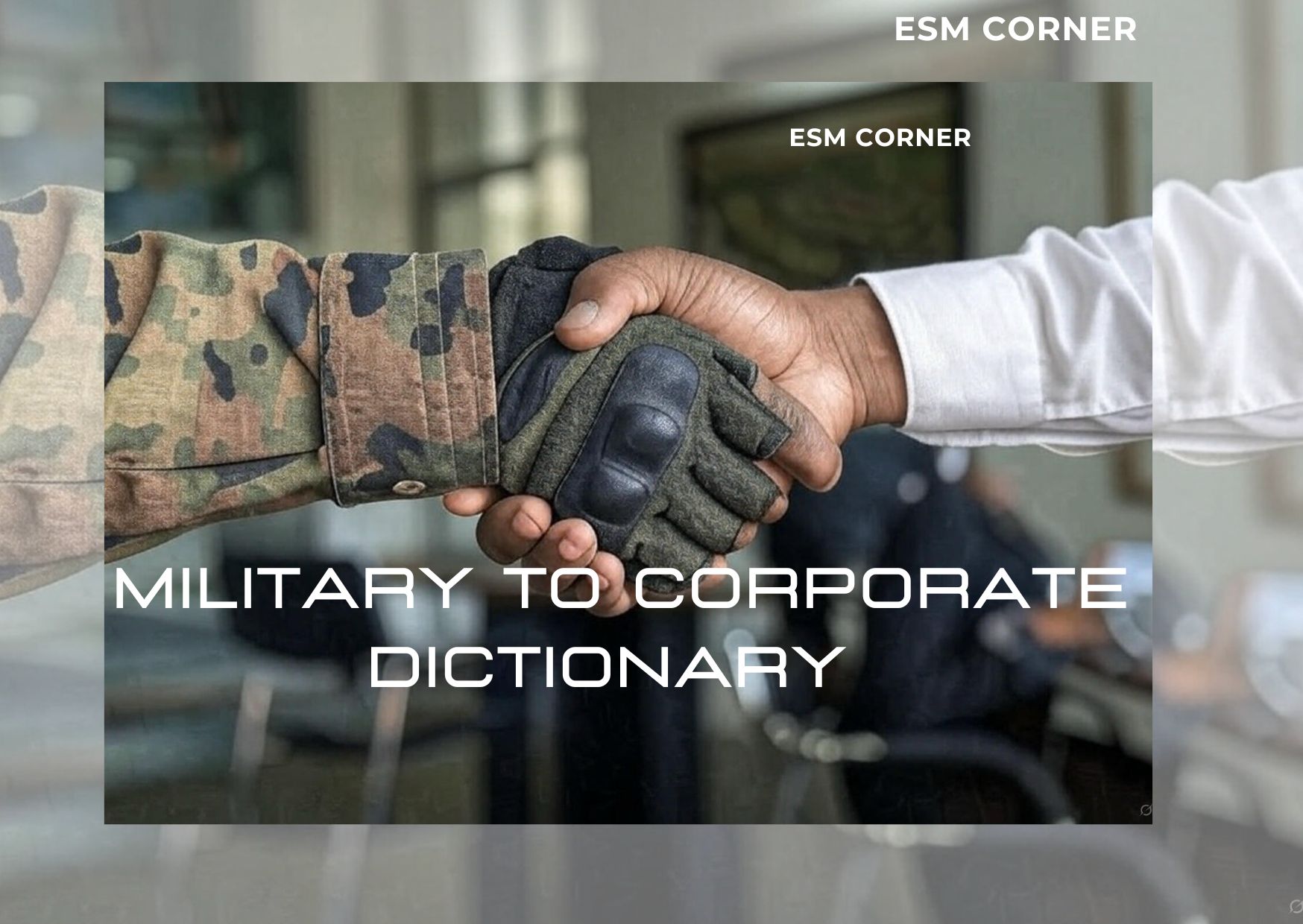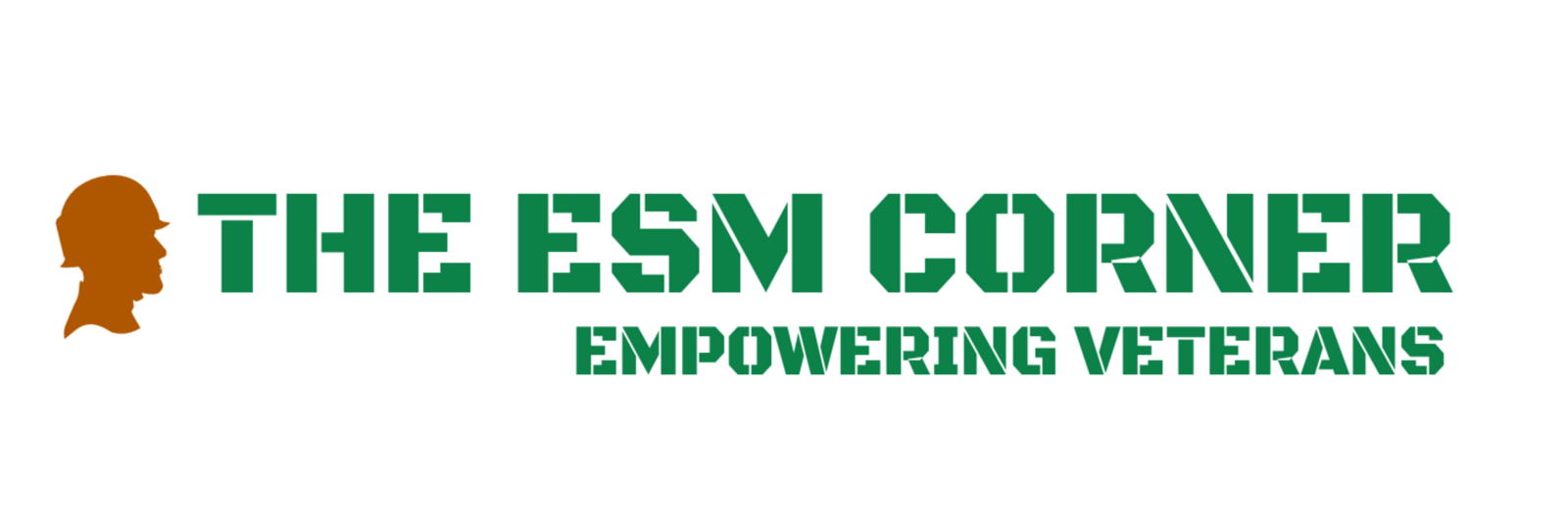MILITARY TO CORPORATE DICTIONARY
The Military to Corporate Dictionary is designed to help veterans and employers understand how military experience translates into the corporate environment. Soldiers, sailors, and airmen acquire skills, leadership qualities, and technical expertise that remain highly valuable after service. However, the language and structure of the corporate world can feel unfamiliar. This section bridges that gap by showing how military roles, traits, and tasks align with corporate expectations.
Military to Corporate Dictionary
Corporate Equivalent Output
Military to Corporate Transition
Transitioning from the armed forces to the corporate sector is one of the most important journeys a veteran undertakes. The disciplined life of a soldier may appear very different from a civilian office, but the core values and abilities developed in uniform are directly transferable. Understanding this equivalence is the key aim of the Military to Corporate Dictionary.
Why Military Skills Matter in Business
Veterans bring a wealth of qualities that organisations actively seek. Leadership in the forces becomes leadership in management. Decision-making under pressure transforms into effective corporate problem-solving. The teamwork required in military units directly translates into collaboration in office teams. Even technical trades such as signals, engineering, or logistics prepare veterans for modern industries like IT, supply chain, and infrastructure.
Common Equivalents Military to Corporate Dictionary
- Commanding a unit (Military) → Leading a team or department (Corporate)
- Logistics and supply chain operations → Inventory, warehousing, and distribution management
- Signals and communication duties → Information technology and network management
- Training recruits → Corporate training and talent development
- Strategic planning in operations → Project management and business strategy
These examples show how what may look like a purely “military” role actually has a civilian equivalent waiting to be recognised.
Challenges During Transition
Many veterans face difficulty in translating their military achievements into language that HR managers or recruiters understand. A “Company Havildar Major” or “Subedar” may have managed hundreds of men, but unless described in business terms, employers may miss its significance. Similarly, the informal military hierarchy is more rigid compared to the flexible reporting structures of modern offices.
Bridging the Gap
The best way forward is to learn to “translate” military experience into corporate language. Resume workshops, career counselling, and mentorship help veterans reframe their service profiles. Upskilling in digital tools, certifications, and corporate communication further smoothen the transition. Employers too can benefit by consulting references like this Military to Corporate Dictionary, which clarifies the equivalence between military roles and corporate functions.
Conclusion
The military-to-corporate journey is not about leaving behind the past but about carrying forward its strengths into a new arena. By mapping military skills to corporate needs, veterans can confidently showcase their value, and employers can gain dedicated professionals with unmatched discipline and experience.

Click here to join Whatsapp group for Job alert and Notification
Click here to access DA CALCULATOR



